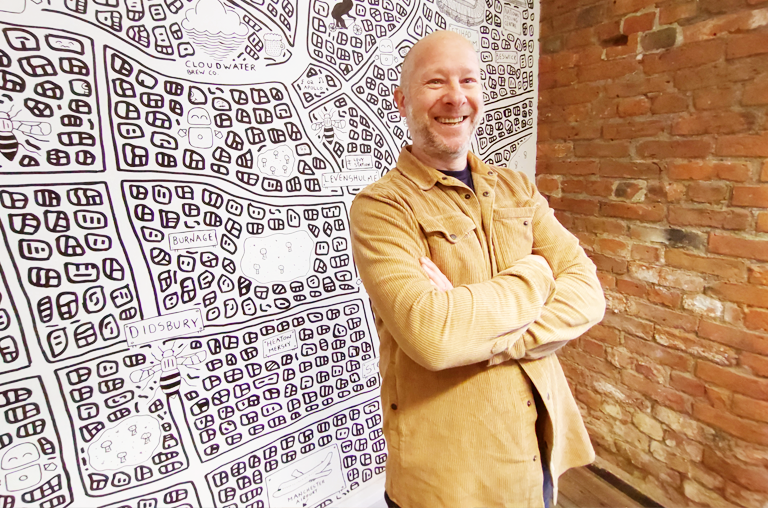As we approach Earth Day 2023, Omnisis is walking the walk by becoming fully remote for the first time in our history.
As anyone who knows me will testify, I care deeply about the environment, our planet and want to make sure the world we leave behind for our kids is a bright, optimistic one.
I also care about my team and making sure people love their jobs and have the best tools and environment to do their best work and deliver excellence to our clients.
So after a staff-wide hidden ballot we, collectively, made a decision to permanently close our offices and move to a fully remote working model.
As I’ve written in the past, remote working has been a massive success for Omnisis over the last three years.
Without question, it has increased our productivity, it has supported the work-life balance of our team, and it has helped us achieve growth and expansion – even during the pandemic.
Most importantly, it has meant we have been able to continue delivering outstanding work for our clients.
But from an environmental perspective, the benefits are huge.
- According to a study by Carbon Trust, remote working in the UK is estimated to save up to 3 billion tonnes of carbon dioxide emissions per year, which is equivalent to taking 660,000 cars off the road;
- Remote working models in the UK consume less energy than office-based workers, resulting in reduced energy bills and a lower carbon footprint. A study by Stanford University found that remote workers use 60% less energy than office workers;
- Remote workers in the UK generate less waste than office-based workers because they tend to consume less paper and fewer office supplies and are less likely to buy single-use items like coffee cups or plastic cutlery;
- Remote working reduces the number of people commuting to work, resulting in lower levels of air pollution in urban areas. A study by Global Workplace Analytics found that if 50% of UK employees who have jobs that can be done remotely did so half the time, it could reduce greenhouse gas emissions by over 6 million tons per year.
Don’t get me wrong, it’s great to see the team together in real life, and we will continue to enable that as we still have access to meeting rooms and the ability to book shared space for when we need to get together.
We’re social animals at the end of the day and need face-to-face contact.
Another great benefit of closing the office has been that we’ve been able to recycle all of our furniture, computer hardware and even our trusty coffee machine and microwave!
Finally, moving to a remote model has meant we’ve been able to attract and recruit talent from all over the country. In fact, all of our latest recruits have come from outside Manchester. If we’d been an office-based company, we’d have missed out on their incredible skills.
Whilst it’s sad to say goodbye to working regularly in the heart of Manchester, we also know that by reducing carbon emissions, lowering energy consumption, generating less waste, and reducing air pollution, we can make a big contribution to creating a more sustainable future.

